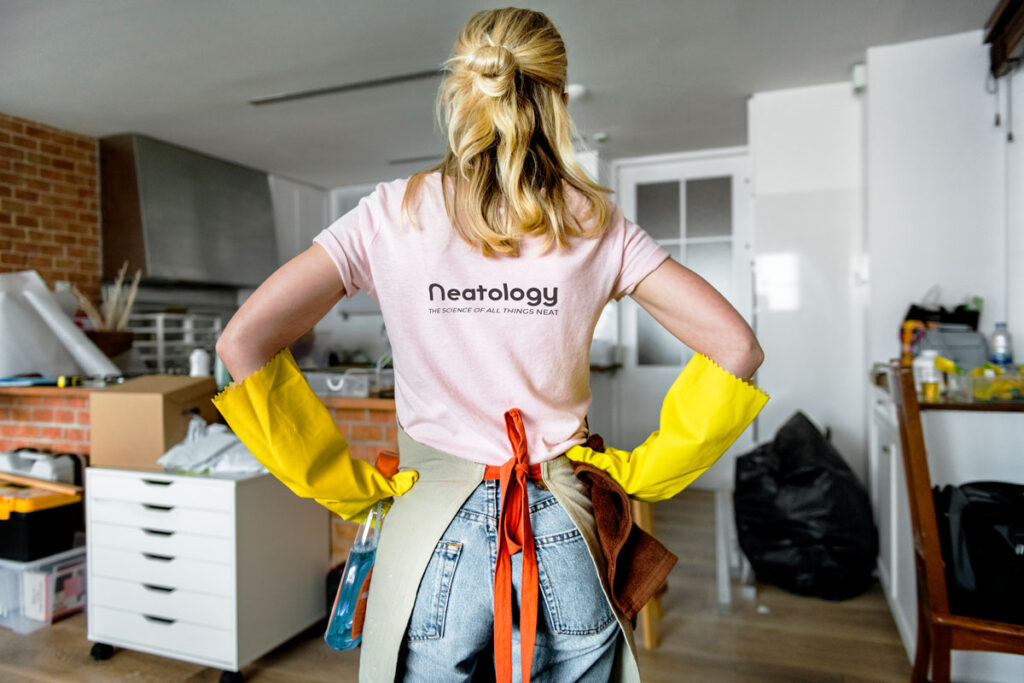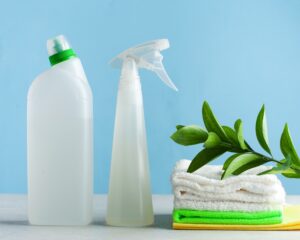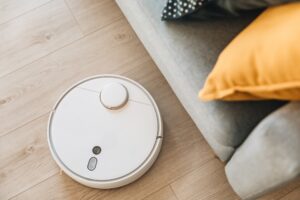Post-Illness Cleaning Guide: Sanitizing Your Home for a Fresh Start
When sickness hits your home, it’s essential to clean and sanitize thoroughly to protect your household and stop the spread of germs. Whether it’s the flu, a cold, or another illness, a well-executed cleaning routine can help restore a healthy and safe environment. Let’s dive into the best ways to disinfect your home and bounce back after sickness.
Why Post-Illness Cleaning Matters
Viruses and bacteria can linger on surfaces for hours or even days, depending on the type. Common touch points like doorknobs, light switches, and remotes are prime spots for germs to hide. By addressing these areas and sanitizing effectively, you can reduce the chances of reinfection and keep your household healthy.
Start with Ventilation
Fresh air is a simple yet powerful tool in reducing airborne germs. Open windows to let in fresh air and allow stale, germ-laden air to escape. Even during colder months, a brief airing-out can make a big difference in creating a healthier indoor environment.
Target High-Touch Surfaces
Items and areas that are frequently touched should be your first priority:
- Doorknobs
- Light switches
- Remote controls
- Countertops
- Keyboards and phones
Use a disinfectant spray or wipes that are proven to kill 99.9% of viruses and bacteria. Pay close attention to labels and follow the recommended dwell time—the time the product needs to sit on a surface to be effective.
Laundry Matters
Anything that came into contact with the sick individual—bedding, towels, and clothing—should be washed in hot water. Add a sanitizing laundry detergent or a cup of white vinegar to the wash cycle for an extra germ-fighting boost. Don’t forget to sanitize the laundry basket itself if it held used items.
Disinfect Cleaning Tools
Your cleaning tools can harbor germs too! After cleaning, wash mop heads, sponges, and cloths with hot water and soap, or run them through a sanitizing cycle in the washing machine. Consider replacing sponges if they’ve been heavily used during the illness.
Bathroom Blitz
Bathrooms require special attention, as they are often hotspots for germs. Clean and disinfect sinks, faucets, toilets, and any other surfaces that were frequently touched. Replace hand towels with fresh ones and ensure there’s plenty of soap available for ongoing handwashing.
Sanitize Soft Surfaces
For items like couches, rugs, or plush toys, use a fabric-safe disinfectant spray. If possible, launder smaller soft items or vacuum larger pieces thoroughly, using a vacuum with a HEPA filter to trap allergens and germs.
Clean the Air
Replace HVAC filters to improve air quality and reduce airborne particles. Consider using an air purifier with a HEPA filter for an added layer of protection, especially if someone in your household has respiratory sensitivities.
Kitchen Considerations
Sanitize surfaces like countertops, appliance handles, and sinks. If the sick person used shared utensils or dishes, wash these items in hot, soapy water or run them through the dishwasher on a high-temperature setting.
Prevent Future Illness
Once your home is clean and sanitized, encourage good hygiene habits to keep germs at bay. Regular handwashing, routine surface cleaning, and practicing proper sneeze and cough etiquette can make a big difference in maintaining a healthy home.
When illness strikes, the road to recovery doesn’t stop at feeling better—it extends to ensuring your home is a safe haven for everyone. By following these post-sickness cleaning tips, you can reclaim your space and breathe easy knowing your home is germ-free.
Whether you need a deep clean or regular maintenance to keep your home in tip-top shape, Neatology is here to help. We specialize in creating clean, healthy homes for you and your loved ones.
Visit Neatology.ca to learn more about our services!




